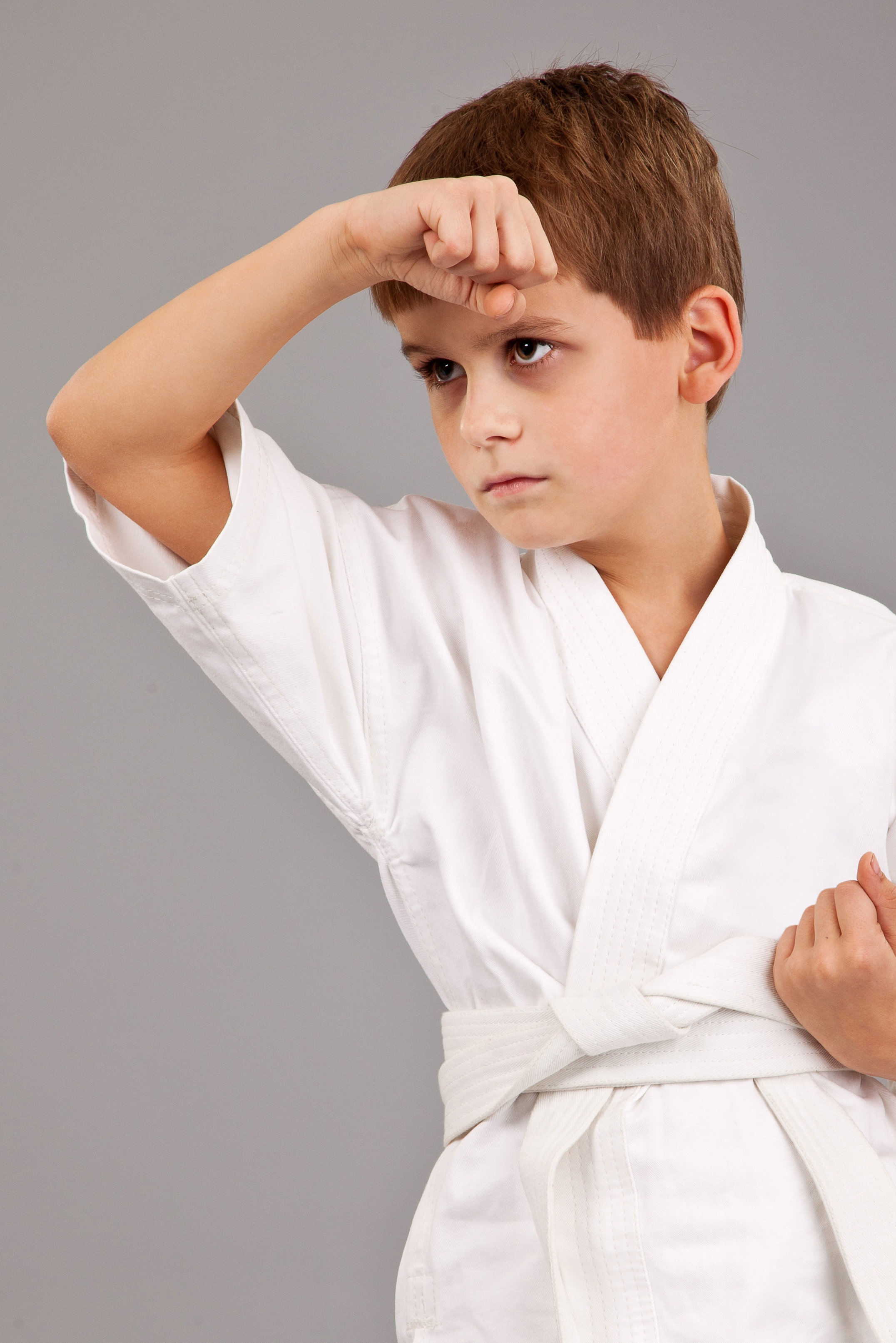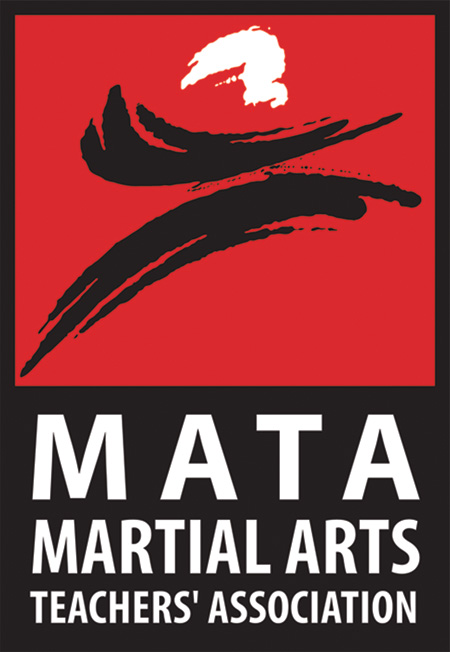Understanding the Importance of Parent-Teacher Relationships Navigating relationships with parents is fundamental for martial arts instructors. Parents bring their children to martial arts classes not only for physical training but also for behavioral improvements like enhanced focus and self-control.
Establishing the Relationship Your first interaction with parents sets the tone. It's vital to connect meaningfully with both the child and their parents, ensuring they feel confident in your role as an instructor.
Responding to Questions and Concerns Listening to parents' questions and concerns during the initial meetings is crucial. Address these with honesty and clarity to set realistic expectations about the training and its outcomes.
Gathering Relevant Information Asking insightful questions about the child’s interest in martial arts and any specific learning goals or challenges helps tailor your approach to meet their unique needs.
Handling Expectations Around Behavior When parents look to martial arts as a solution for behavioral issues, clarify the benefits while setting realistic expectations. Discuss how martial arts can complement other behavioral management strategies they might be employing.
Maintaining and Building the Relationship Ongoing communication is key. Regular updates and open lines for feedback help keep parents involved and reassured about their child’s progress.
Dealing with Different Parent Involvement Levels For less involved parents, strive for regular brief communications to keep them informed. For highly involved parents, establish boundaries and schedule regular meetings to discuss their child’s progress without disrupting classes.
Navigating Concerns About Belt-Rank Promotion Address parents’ concerns about belt progression in private, focusing on the criteria for advancement and how you’re supporting their child’s journey.
Creating Opportunities for Communication Encourage ongoing dialogue through various means like meetings, calls, or newsletters. Ensuring a welcoming environment at your school promotes more interactive exchanges.



